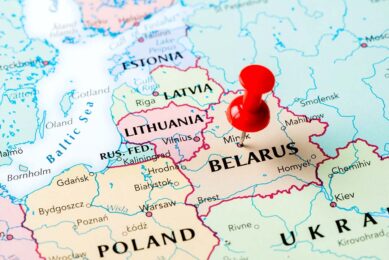A creation of nature
The discovery of a duckling with four legs, in the United Kingdom, hit the news this week and not in a small way. The item got, not only a mentioned in the newspaper, but also on the UK’s national radio. It also hit the news in other parts of Europe. Is this really that big of a story? (Comments 17)
A discovery of a duckling with four legs, in the United Kingdom, hit the news this week and not in a small way. The item got, not only a mentioned in the newspaper, but also on the UK’s national radio. It also hit the news in other parts of Europe. Is this really that big of a story? |
It at least it shows how far most people have moved away from nature. Now anything unusual about one of Mother Nature’s creations is all of a sudden big news. This type of genetic mishap would have, decades ago, gotten, if anything at all, just a short mention in the local newspaper.
This is not to say that a duck with four legs isn’t news. I remember a visit to Malaysia where a bull with five legs was kept near a pagoda to symbolize the role of a god-head in the creation of life. The bull became a holy creature and was protected and worshipped. Should this little duckling get the same treatment or should we leave it as an interesting failure in the genetic melting pot inside the oviduct of the duckling’s mother.
The latter is probably the most realistic approach. But still, if the same would have happened in the lab of a geneticist the reactions would have been completely different. The geneticist would have been crucified by the media and animal welfare organisations.
But what about this situation? Is the, so far unknown, mother duck going to be blamed for wrongdoing or should we worship her too?
The last statement may sound a little strange but every time these sort of genetic surprises come up I have to think about expressions made by numerous people who state that people should not play God by changing His creation. So with this in mind should we therefore ignore natural genetic mishaps and condemn man-made genetic creations?
The human world is a little confused about this issue. If this little duckling proves to be able to live with these four legs and able to reproduce this genetic trait so humans could profit from it, how would we respond than? I know it is not likely to happen but it shows how complicated the issue of genetic modification is today.
It reminds me the worldwide discussion on making use of featherless chickens (WP – August 2002 ) for poultry meat production in countries with a hot climate. The discussion faded but the birds did not.













